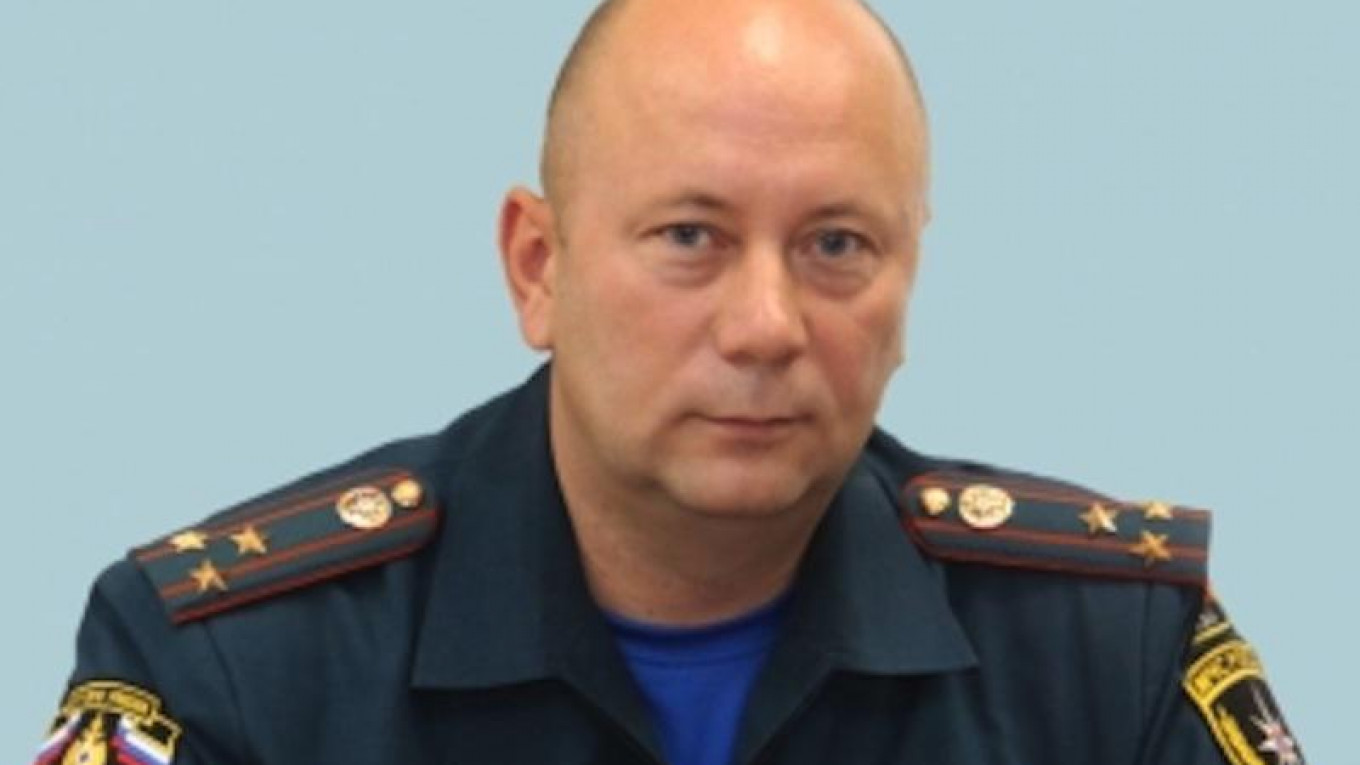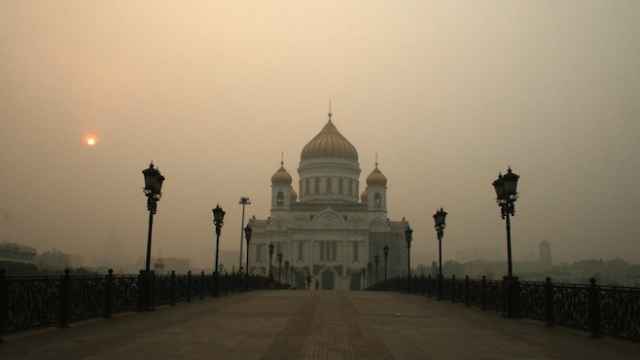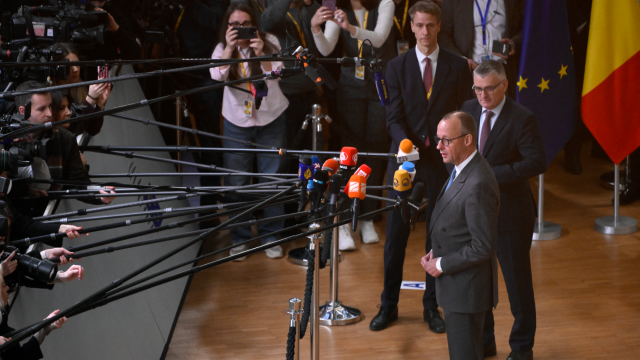The head of Russia’s Emergency Situations Ministry for the
Primorye Region has drowned while saving people from a tropical
storm, the TASS news agency reported Friday.
On Friday, a truck carrying rescue workers, including ministry
head Oleg Fediura, fell off a temporary ramp spanning the surging
Pavlovka River. They were attempting to reach one of the villages
hardest hit by the storm, the Emergency Situations Ministry said in a
statement on its website.
Once the truck had fallen into the water, Fediura helped the eight
other workers to safety but “he himself could not get out,” the
statement said, adding that the other rescue workers had escaped
unharmed.
A criminal case has been opened by the region's Investigative
Committee. They are investigating whether Fediura's death was the
result of negligence, a statement published Friday on the
committee website said.
After leaving 11 dead in Japan, Typhoon Lionrock was downgraded to
a tropical storm as it moved over Russia's Primorye region in the Far
East this week. The region’s hydrometeorological center says the
storm, which has caused serious flooding and left some villages
completely isolated, is the most powerful ever recorded in the
region.
Fediura, 45, had overseen rescue
operations, evacuations and the delivery of targeted aid in
Primorye’s worst hit areas since Lionrock hit the region, the statement said.
Russian President Vladimir Putin declared a state of emergency in
the region on Friday. Evacuations continue, complicated by destroyed
roads and severed communication lines.
The region experienced three times the average monthly rainfall fell in August and forecasters warn that the rain will continue until Friday evening. A strong cyclone is expected in the region on Sunday.
A Message from The Moscow Times:
Dear readers,
We are facing unprecedented challenges. Russia's Prosecutor General's Office has designated The Moscow Times as an "undesirable" organization, criminalizing our work and putting our staff at risk of prosecution. This follows our earlier unjust labeling as a "foreign agent."
These actions are direct attempts to silence independent journalism in Russia. The authorities claim our work "discredits the decisions of the Russian leadership." We see things differently: we strive to provide accurate, unbiased reporting on Russia.
We, the journalists of The Moscow Times, refuse to be silenced. But to continue our work, we need your help.
Your support, no matter how small, makes a world of difference. If you can, please support us monthly starting from just $2. It's quick to set up, and every contribution makes a significant impact.
By supporting The Moscow Times, you're defending open, independent journalism in the face of repression. Thank you for standing with us.
Remind me later.





